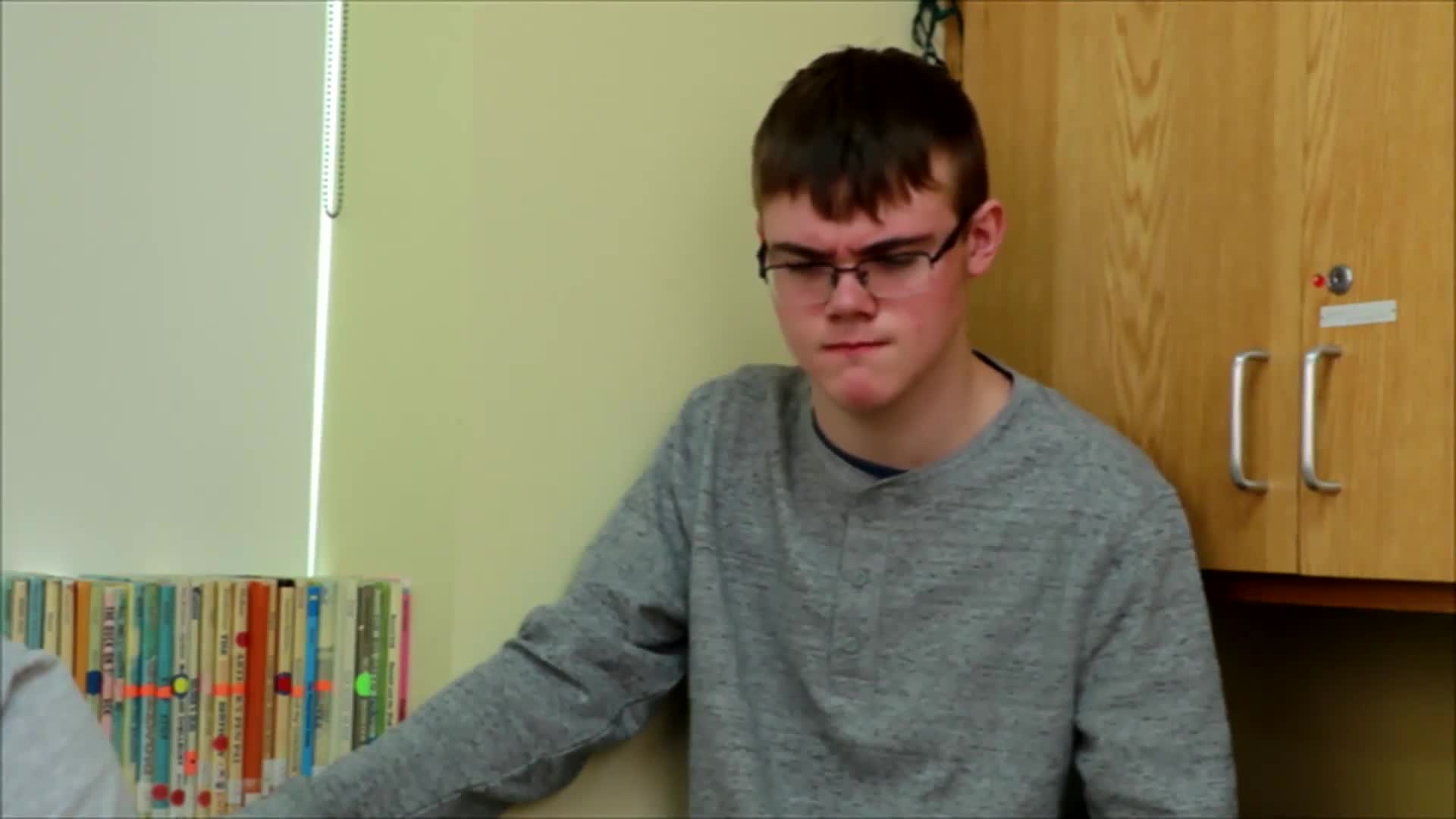Special education professionals play a crucial role in helping students develop essential life skills, one of which is problem-solving. This blog post will provide a comprehensive guide on creating effective Individualized Education Program (IEP) goals for problem-solving skills development in elementary students.
Understanding Problem-Solving Skills
Problem-solving skills involve identifying issues, analyzing their scope, and finding practical solutions to overcome them. These skills have a significant impact on students’ learning, social interactions, and overall wellbeing. By improving problem-solving abilities, students can navigate various situations more effectively and make informed decisions.
The Role of Specialists
Different specialists contribute to the development of problem-solving skills in students:
- Speech-Language Pathologists: They can help students articulate their thoughts and effectively communicate their ideas, which is essential for discussing problems and potential solutions.
- Social Workers: They support students in understanding the social aspects of problem-solving, such as considering others’ perspectives and collaborating with peers.
- Psychologists: They address any underlying emotional or cognitive barriers that may hinder a student’s ability to solve problems effectively.
- School Counselors: They provide guidance and resources to students, helping them develop coping strategies and build resilience in the face of challenges.
IEP Goals for Problem-Solving Skills
To improve problem-solving skills in students, consider incorporating the following SMART IEP goals and accompanying strategies:
- Goal: The student will identify problems in various situations with 80% accuracy over three consecutive trials.
- Strategy: Teach students to recognize common problems using role-playing scenarios and group discussions.
- Activity: Create a problem-solving journal where students can document and reflect on their experiences.
- Goal: The student will generate at least three possible solutions to a given problem in 4 out of 5 opportunities.
- Strategy: Encourage brainstorming sessions and provide guidance on evaluating the pros and cons of each solution.
- Activity: Use games like “Solve It” to practice the steps of problem-solving in a fun and engaging way.
- Goal: The student will independently select and implement an appropriate solution to a problem in 4 out of 5 opportunities.
- Strategy: Teach students to weigh the consequences of their choices and consider the potential impact on others.
- Activity: Implement peer-review sessions where students can share their problem-solving strategies and receive feedback.
Implementing and Measuring Progress
To effectively implement IEP goals and measure progress, consider the following tips:
- Collaborate with other specialists to ensure a comprehensive approach to problem-solving skill development.
- Regularly review and adjust goals as needed to accommodate the student’s growth and changing needs.
- Use various assessment methods, such as observations, self-assessments, and peer evaluations, to gauge progress.
Conclusion
Developing problem-solving skills in elementary students is crucial for their overall success in life. By creating effective IEP goals and collaborating with other specialists, educators can help students overcome challenges and become more resilient. Remember to continually assess progress and adjust goals as needed to ensure students’ ongoing growth.
Explore more resources at Everyday Speech Sample Materials to further support your students’ development of problem-solving skills.






